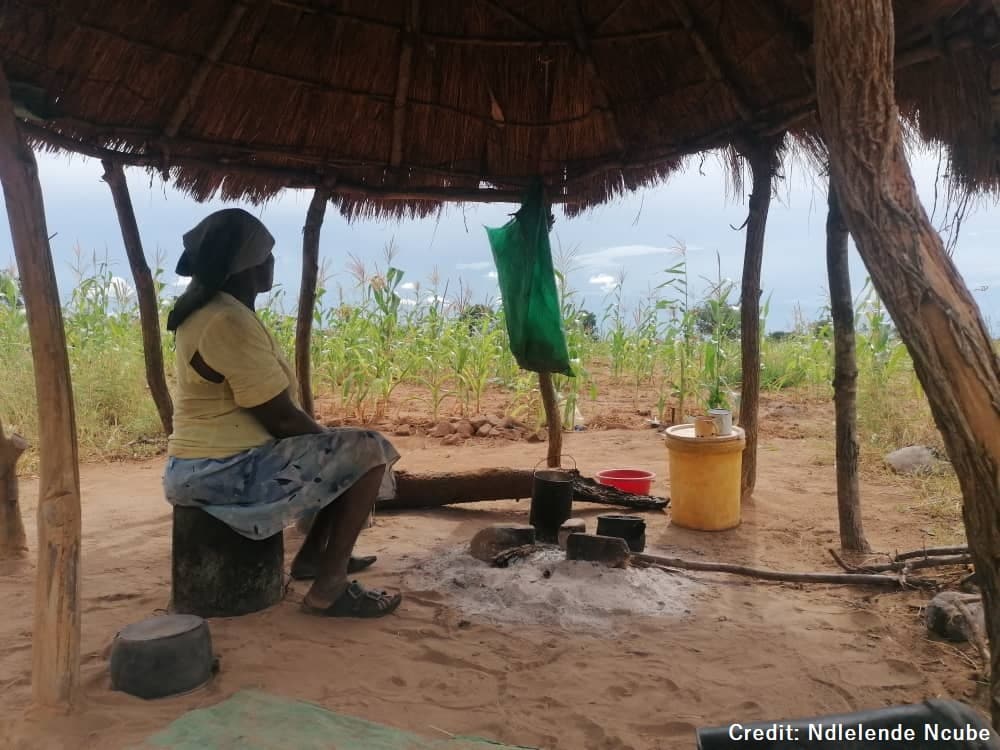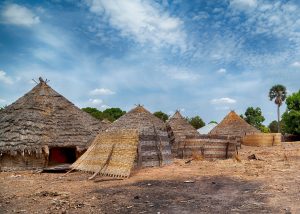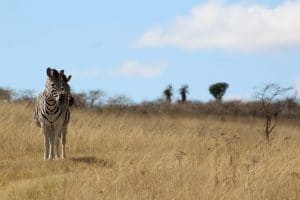Villagers in lethal fights with elephants as HWC deaths reach terrible new milestone
Calls for compensation intensify as human-wildlife conflict increases in Zimbabwe
Local communities in Zimbabwe are counting the costs of living with a burgeoning elephant population, raising calls for innovation to protect villagers as well as for countries to be allowed to sell ivory stockpiles to fund conservation.
Reporter Farai Machamire writes in the Zim Morning post:
“The Villagers in Dete, on the borders of the world’s second largest elephant population in Zimbabwe’s Hwange National Park, are being forced to stay in their maize fields overnight in an audacious bid to fend off elephants from eating their crops. By day, women guard what has become a battlefield of elephant-human conflict. Men take over at night, using fire torched sticks to push the jumbos back.“
“Only a road separates Hwange National Park and the villagers,” says Ndlelende Ncube, Coordinator of the Tikobane Trust, which works with communities around the park. “There are about 15 or 20 villages with over 20,000 people, who are on the Park’s borders due to forced changes in land use during colonial times. It’s a very challenging situation.” Ninety-one people have been injured in human-elephant conflict in the last 15 months.
“Zimbabwe’s human wildlife conflict statistics are showing a gradual increase in the people being killed and injured by various species from the year 2014 to 2021, and that is a worrying trend,” Zimbabwe Parks and Wildlife Management (ZimParks) Director General Fulton Mangwanya told Zim Morning Post.
“How to compensate for human life that is lost, it’s difficult because life is too precious. There is a need to have a framework to help local communities and innovation is required in this space,” says Mangwanya.
In a communiqué released at the end of the African Elephant Conference, held in Hwange, which ended yesterday pointed out that, while “the global African elephant population was declining, the number of elephants in Southern Africa was increasing, demonstrating good conservation practices that ought to be recognised and provide lessons for other countries to emulate.”
“Hence countries with high elephant populations must be heard and listened to, and must benefit from their efforts in conserving their elephants. The conference concurred that the voices of communities that co-exist with wildlife must be included in decision-making because they bear the brunt of living with wildlife,” reads the communique.
The Convention on International Trade in Endangered Species of Wild Fauna and Flora (CITES) must not interfere with domestic trade, sovereignty of states and their rights to sustainable use of wildlife as enshrined in their national policies, African Ministers from the Range States and responsible for Environment, Wildlife and Tourism, have said.
Range states, which are countries with elephants on their land, reiterated calls to be allowed to sell ivory stockpiles so that they can fully benefit from their conservation efforts.
Featured photo: Peasant farmers in Dete are contending with arid climatic conditions while fighting off elephants in a desperate bid to moderately harvest. Pic taken March 16 2022. Credit: Ndlelende Ncube



